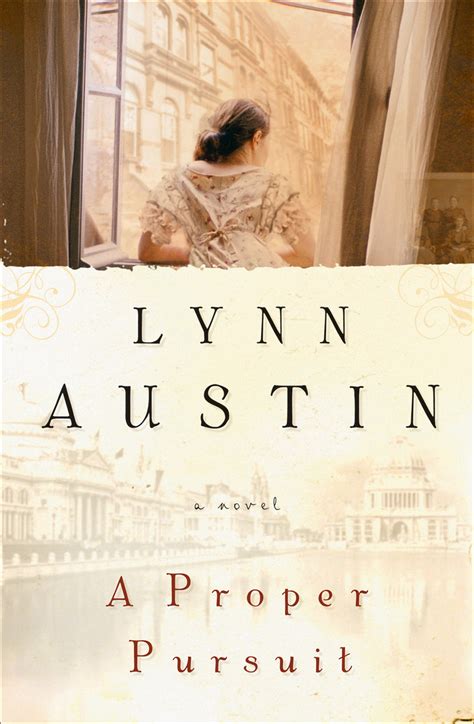A Quote by Edmund White
What is new about Barthes's posthumous reputation is the view of him as a writer whose books of criticism and personal musings must be admired as serious and beautiful works of the imagination.
Related Quotes
Read as little as possible of literary criticism - such things are either partisan opinions, which have become petrified and meaningless, hardened and empty of life, or else they are just clever word-games, in which one view wins today, and tomorrow the opposite view. Works of art are of an infinite solitude, and no means of approach is so useless as criticism.
Librarians are serious people, seldomgiven to idle jocularity. The reason for this, I believe, is because we are overwhelmed by the enormous number of good books waiting to be read, leaving little time for frivolity. My personal list of must-read books presents a daunting challenge; I can't even imagine the pressure our head librarian must be under.
That's really the essence of what any fiction writer does. Some of it is research-based, but most of it is a really long-term, imaginative, empathetic effort to see the world the way someone whose experiences remote from yours might see it. Not every writer works that way; some writers make a wonderful career out of writing books that adhere very closely to how they view the world. The further I go with this, the more interested I get in trying to imagine my way into other perspectives that at first seem foreign to me.
A prince must be prudent enough to know how to escape the bad reputation of those vices that would lose the state for him, and must protect himself from those that will not lose it for him, if this is possible; but if he cannot, he need not concern himself unduly if he ignores these less serious vices.







































